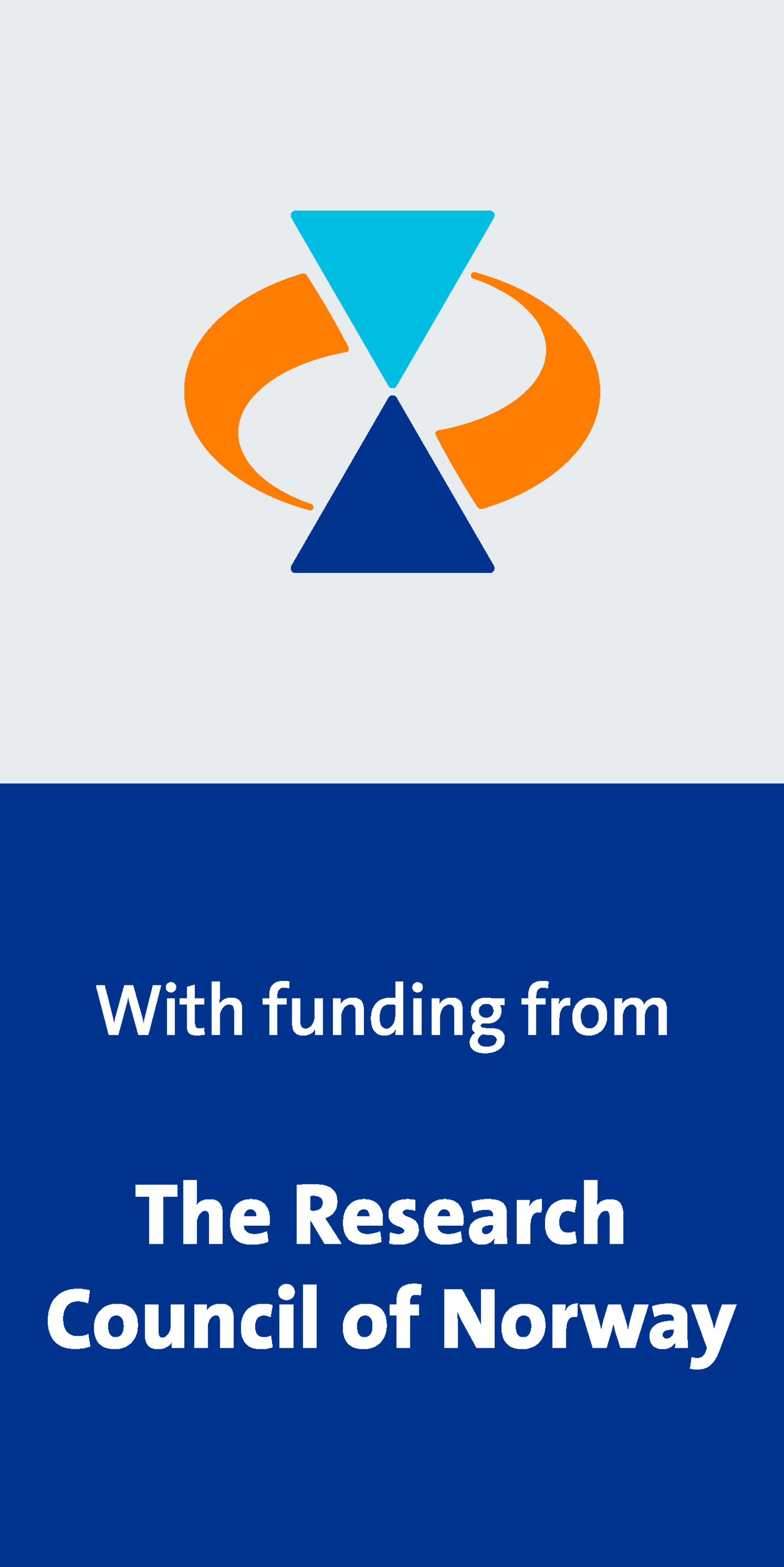About the project
For many years, Norway has maintained a goal to create a school environment for all students which is referred to as a “school for all”. Still, Norway has experienced a high number of students dropping out of upper secondary education. Almost all 16-year-olds start upper secondary education, but about one-third of them do not complete within the period of five years of legal right to access upper secondary education. The ProAct-project will investigate how teachers, school leaders work together with local and state authorities as well as other public services to increase student retention.
Objectives
The research project Professional Actors’ Work to Retain Students in Secondary Education (ProAct) aims to demonstrate promising practices where school leaders collaborate with school authorities, Pedagogical-Psychological Services, Children Care Services and other public services to retain students in upper secondary education.
By comparing schools with low and high drop-out rates regarding the degree and ways of which these professional actors collaborate, the ProAct project aims to find ways to target possible problems at an earlier stage when interventions can have a larger and more sustainable impact.
Background
PROACT (2020-2024) includes scholars from not only the Department of Teacher Education and School Research at University of Oslo, but also a range of external partners. The project is multidisciplinary and draws on theoretical perspectives and positioned within social science, political science, education and law. New-institutional theories constitute an overall theoretical framework in the project. Both qualitative and quantitative data are included in the study. The project has a mixed-methods design.
Financing
The Research Council of Norway: FINNUT – Programme for Research and Innovation in the Educational Sector
Scientific board
- Professor James Spillane,Northwestern University, U.S.A.
- Associate Professor Anne Homme,
University of Bergen - Dr. Giang Pham,University of Teacher Education St. Gallen, Switzerland
Master students associated with the project
- Ingunn Kjellerød Karlsen,
Master Programme in Educational Leadership, UiO - Carina Hertze Bratli,
Master Programme in Educational Leadership, UiO - Aase Nordtorp Houge,
Master Programme in Educational Leadership, UiO

